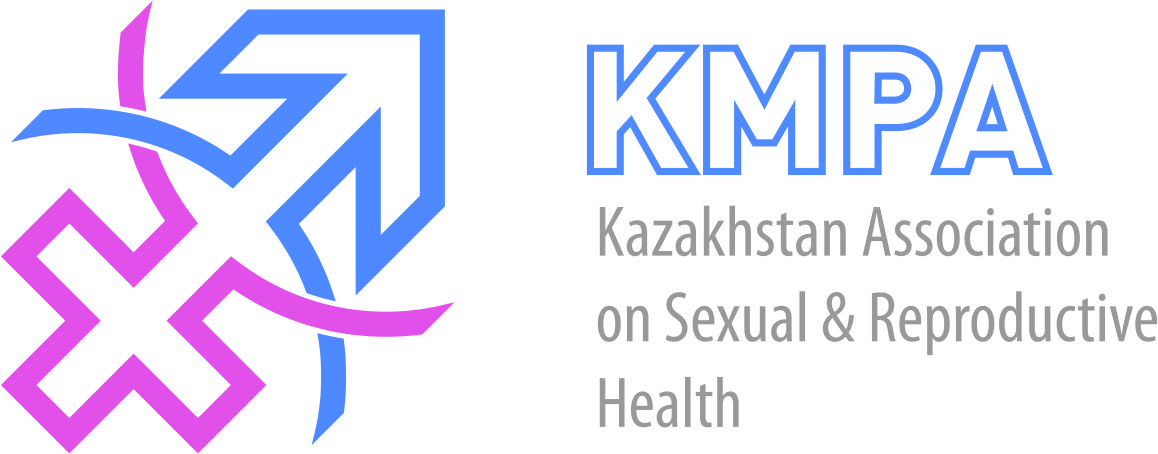

| 31 March 2016
Family Planning Organization of the Philippines
The Family Planning Organization of the Philippines (FPOP) is the largest and most prominent non-governmental family planning organization in the Philippines. It seeks to secure universal access to quality family planning information education and services, with a view to enabling people to make active personal decisions about their sexual and reproductive health (SRH). FPOP aims to mobilize public support for the individual’s right to practise family planning and as a result, a major target is young people. Additionally, there is a real need in the Philippines for men to take a more active role in family planning and parenting, and FPOP is at the forefront of developing and implementing strategies to achieve this objective. It operates more than 1,100 services points, including 29 permanent and 27 mobile clinics and has a network of over 1,000 community-based distributors/community-based services (CBDs/CBSs). Clinics provide voluntary surgical contraception, reversible contraception, medical and laboratory services, and fertility awareness advice. The delivery models which FPOP has developed have been adopted and replicated by public health authorities, and FPOP has significant advisory input to the national SRH policy agenda. Website: www.fpop1969.org

| 31 March 2016
Kazakhstan Association on Sexual and Reproductive Health
The Kazakhstan Association for Sex and Reproductive Health (KMPA) was established in 1997, in close collaboration with other IPPF Member Associations in central Asia, including those in Kyrgyzstan, Tajikistan and Uzbekistan. The organization currently has 13 branches and 2 regional offices, in Kostanay and Astana. KMPA’s outlets are all fully equipped to deliver contraceptive advice and services and antenatal and post-natal care. The organization trains trainers in sexual and reproductive health (SRH) teaching, education and awareness raising, covering the full range of SRH concerns including unwanted pregnancy, sexually transmitted infections (STIs) (including HIV and AIDS), contraception and abortion. KMPA is particularly focused on the sexual and reproductive health and rights (SRHR) of refugees, internally displaced persons (IDPs) and other migrants, and the prevalence of trafficking women and children. KMPA was a major contributor to the International Organization of Migration’s (IOM’s) national information campaign to prevent trafficking. This campaign seeks to raise awareness of the risks associated with the trade. Both with regard to SRHR and trafficking, KMPA has organized information campaigns involving the publication and dissemination of handouts, press releases and articles, the creation and management of an SRH hotline, and the provision of training courses for non-governmental organizations and government officials.







